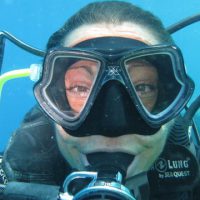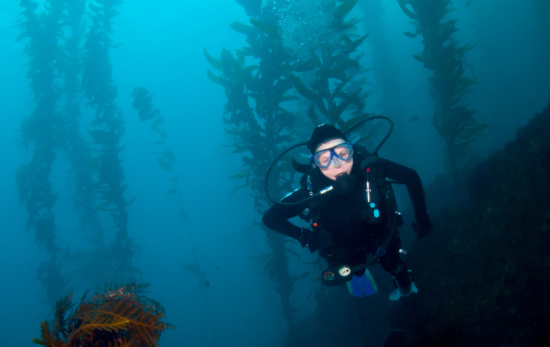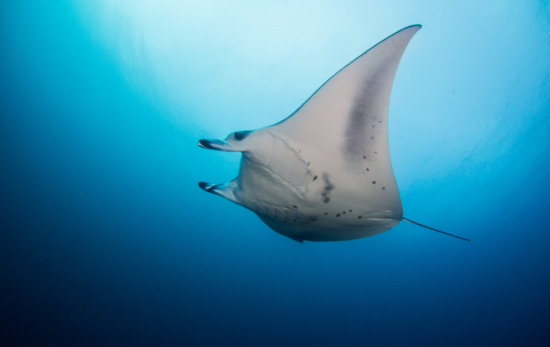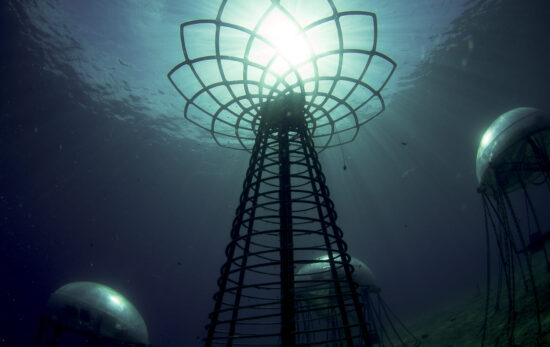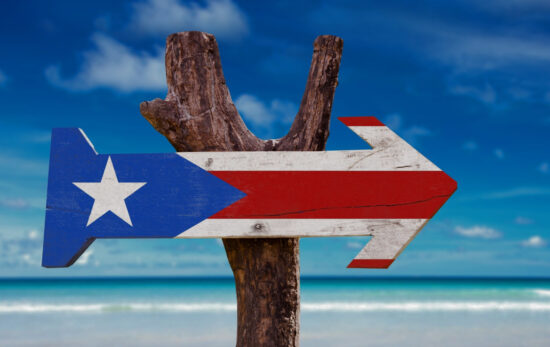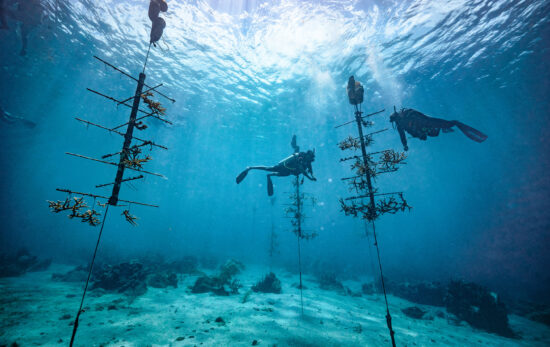Do you want to try scuba diving but are not sure if it’s something to simply check off your bucket list or activity that you see yourself taking up and growing with?
If you know that you don’t want to just try it once twice, it’s best to get certified to dive. This means taking the first level of scuba diving certification, the PADI Open Water Diver Course.
However, if you are not 100% sure how you will feel about diving, you may not feel ready to commit. In that case, a PADI Discover Scuba Diving experience could be the stepping stone you have been looking for.
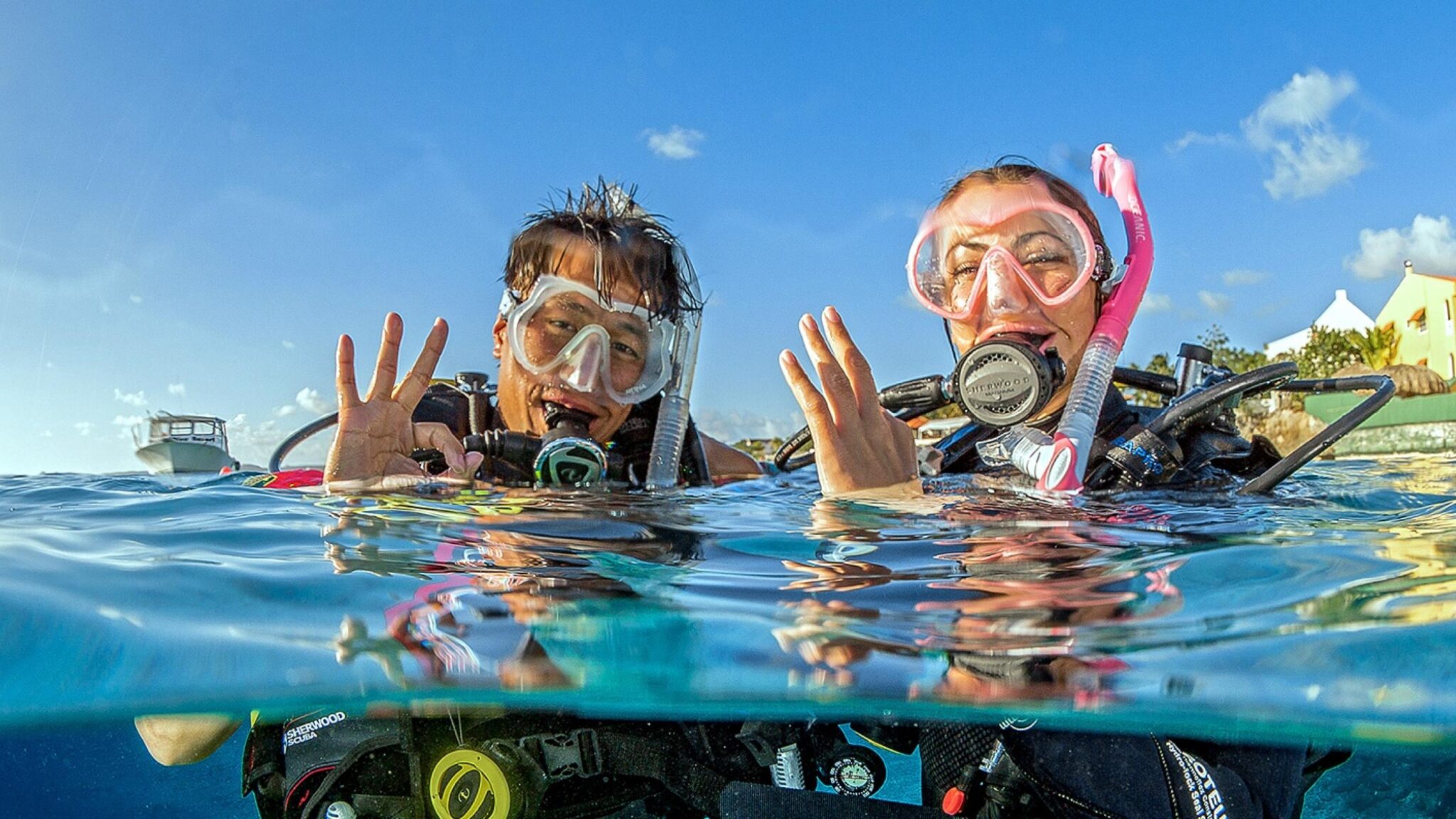
What is a PADI Discover Scuba Diving Experience?
The PADI Discover Scuba Diving Experience (known as DSD®) is an introduction to scuba diving. PADI’s DSD provides you with the theory and knowledge you need to be comfortable and safe while scuba diving for the first time. Your DSD may take place in a swimming pool or in another body of calm water (lake, quarry, etc.). You can also opt for an additional dive in the ocean in some seaside areas.
PADI’s DSD experience has been the gateway to scuba diving for thousands of divers, and it could be for you too!
Once you have completed your DSD and feel reassured that scuba diving is for you, you are ready to begin your journey from DSD to Open Water Diver – and with a DSD already under your belt, some advantages go with it.
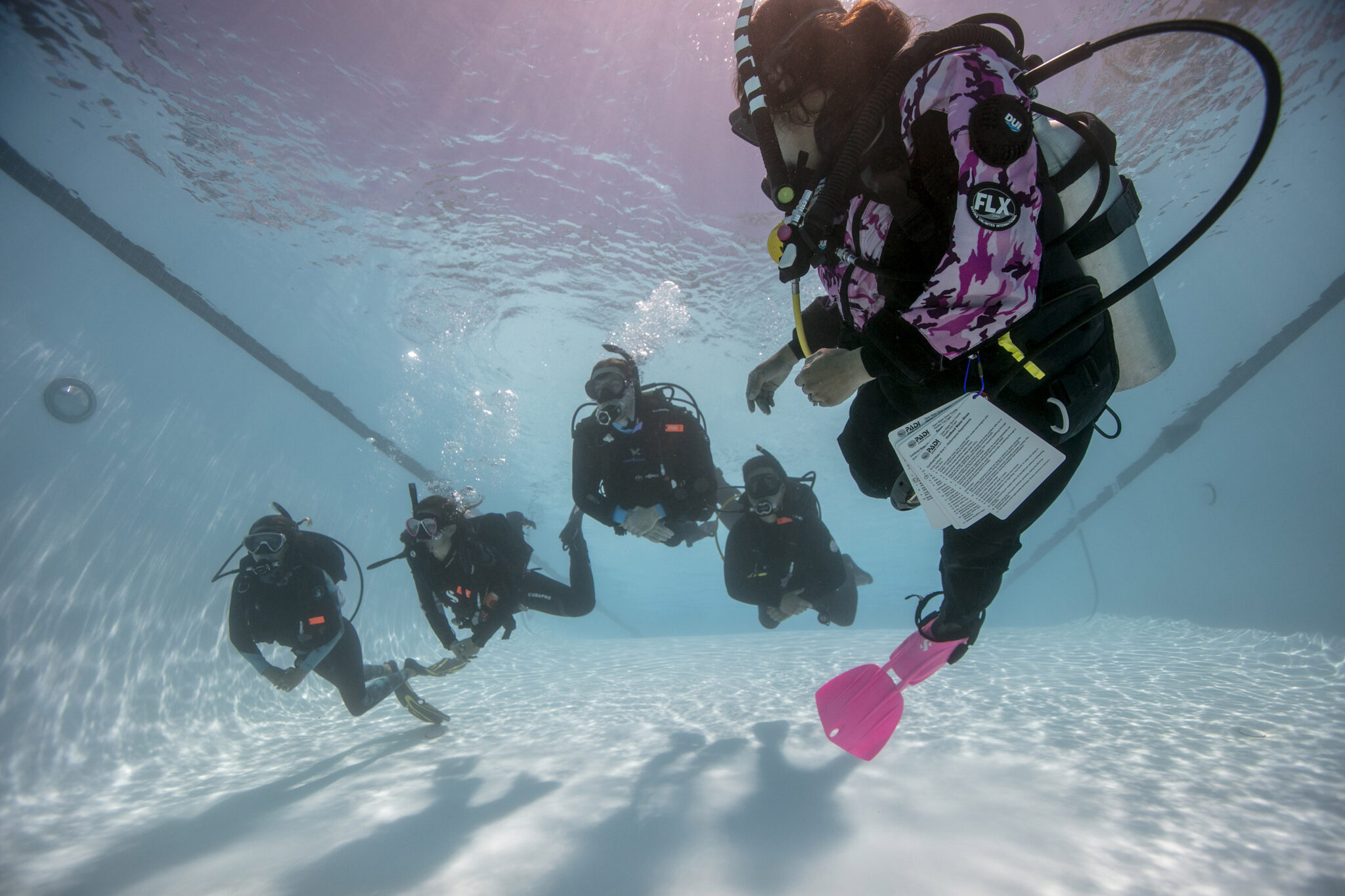
Progressing from DSD to Open Water Diver
The DSD can be conducted as a standalone experience (great for those wanting to check diving off their bucket list) or a gateway to the PADI Open Water Course. For this reason, it is a good idea to let the dive center or instructor know when you book your DSD that you are interested in potentially taking the Open Water Course afterward.
When taking a DSD to complete the Open Water Course later, your DSD will be conducted so that it counts as the first confined water session and first open water dive required for the Open Water course. To fully understand what this means, it helps to understand the open water course components (next).
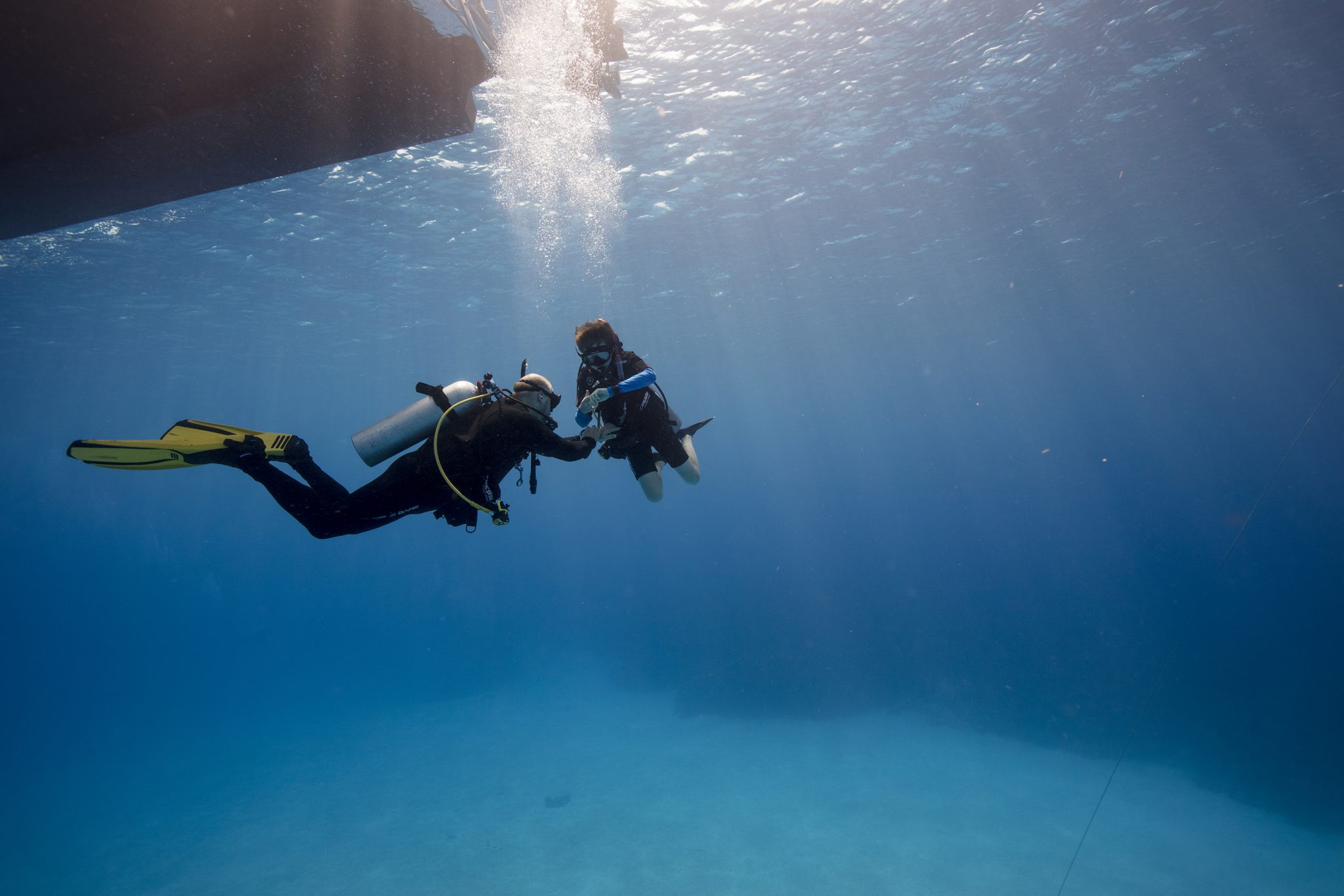
What is the PADI Open Water Course?
The Open Water Diver Course is made up of three components:
- Knowledge development/dive theory (5 sessions)
- Confined water dives (5 sessions)
- Open water dives (4 dives)
Your theory sessions may be conducted in a classroom, or you can opt for PADI eLearning and study online at your own pace from home. Confined water sessions are conducted in a swimming pool or calm body of water that provides conditions similar to a swimming pool. You will learn the basic skills required for safe scuba diving in these sessions. Open Water dives are the best bit – scuba dives out in open water! This is when you can perform the skills you learned in the pool in open water conditions.
Providing that your dive center is aware of your interest in becoming an open water diver after your DSD, they will conduct your DSD to meet the requirements of your Open Water Diver course (Confined water dive 1 and open water dive 1). You won’t need to repeat these sessions if you take the entire open water course within 12 months. This reduces the time and often the cost of taking the Open Water Diver course.
The PADI Open Water Diver certification is recognized worldwide, and it’s your ticket to a lifetime of scuba diving adventures. Once you have completed your Open Water Diver certification, you’ll be able to go diving with a buddy anywhere in the world. Find a PADI dive center here.
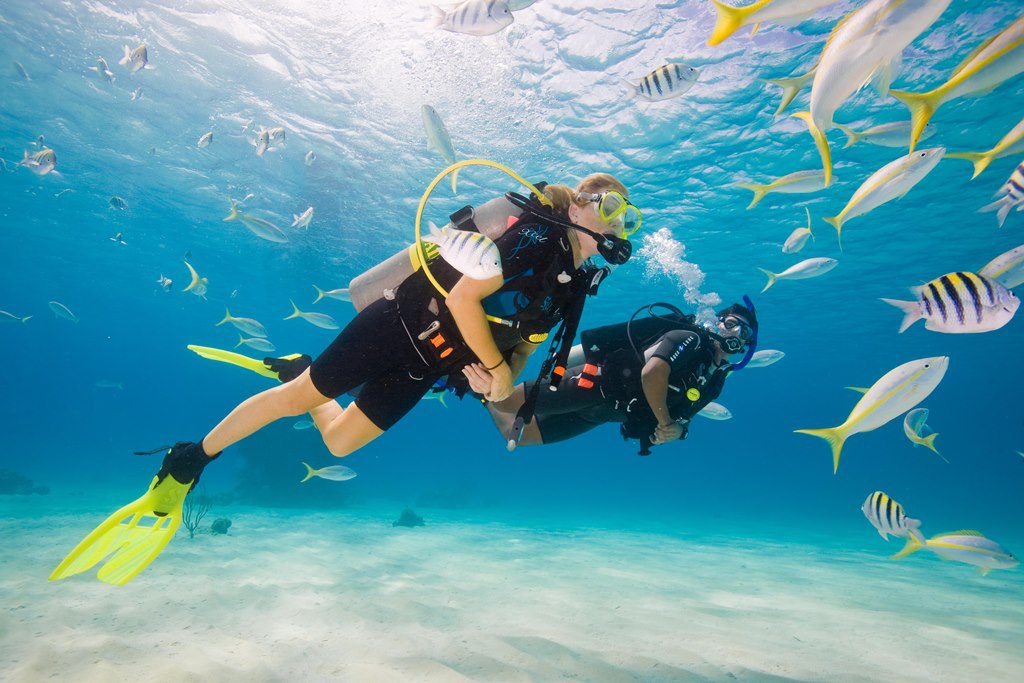
DSD to Open Water Diver: Getting Started
This section outlines what to do next according to where you are now. Check the options below…
- Diving is something you know you want to get into, and you are confident it is for you. You have already experienced some time underwater – as a diver, snorkeler, freediver, or you have already taken a DSD.
- Action: Sign up for the Open Water Diver course and get certified! Read more about how to prepare for your Open Water Course here.
- You haven’t tried diving yet but want to get started. You may have reservations about signing up for the Open Water Course as you would like to try it first.
- Action: Sign up for a Discover Scuba Diving Experience. Let the instructor know that you potentially want to continue on to Open Water Diver, and you want your DSD to count toward it.
- You haven’t tried diving, but it’s something you want to do once and tick off your bucket list.
- Action: Let your instructor know that you want to see how things go and keep your options open. There is a good chance you will be among the thousands of divers that take a DSD and want to dive again… and again!
Here are some more Scuba Diving FAQS that might spring to mind before you get started!
To kick start your journey from DSD to Open Water Diver, find your local dive center or start eLearning from home before going on your holiday. Choose your dive destination with PADI Travel and happy bubbles!
